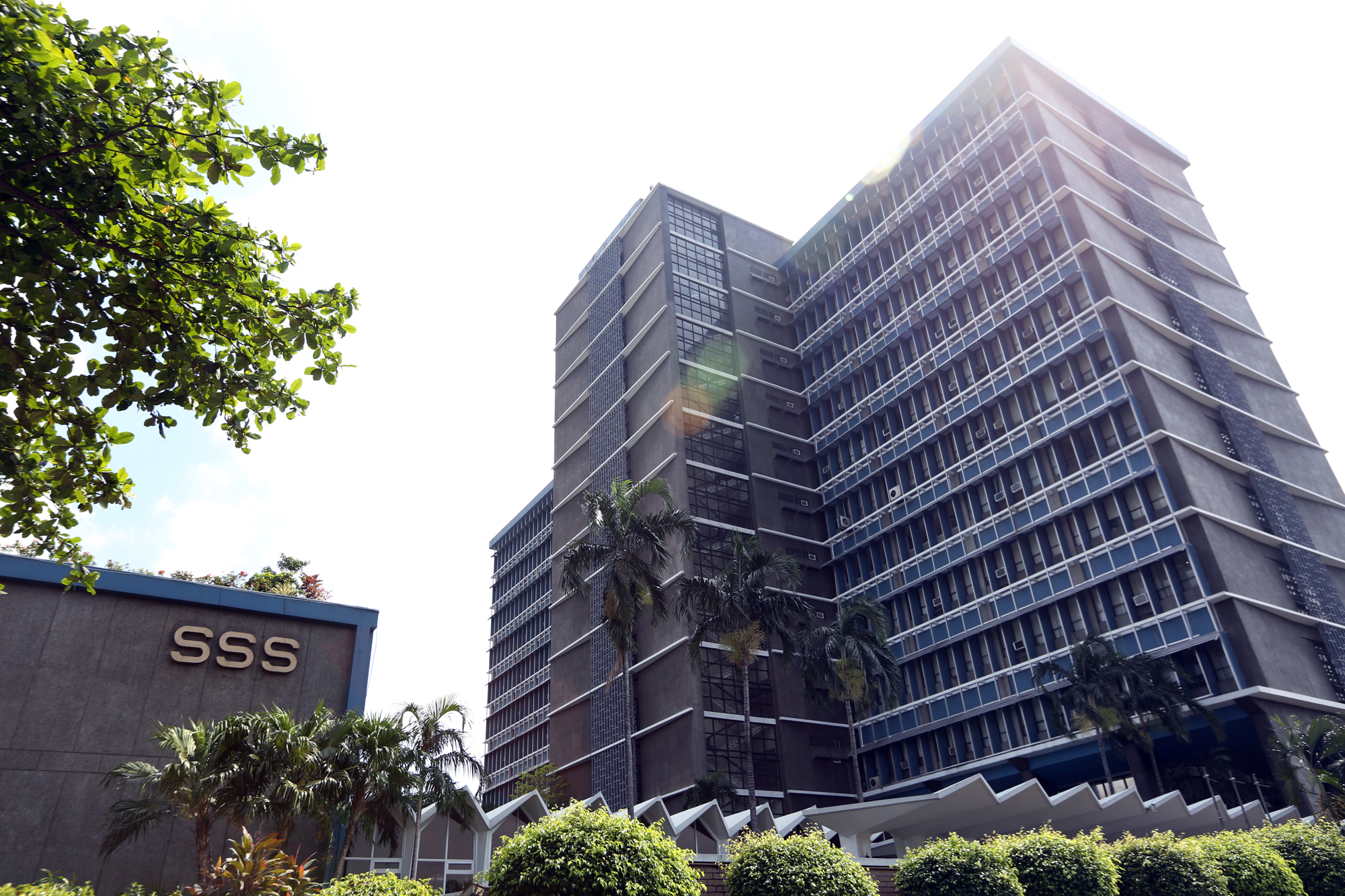
FILE PHOTO: The Social Security System Building on East Avenue in Quezon City. Photo taken January 18, 2016. INQUIRER/NIÑO JESUS ORBETA
The Federation of Free Workers (FFW) on Friday expressed its approval of the recent decision by the Social Security System (SSS) and some local governments to extend social security coverage to the estimated 500,000 government workers currently employed under contract of service (COS), job order (JO) terms, and third-party contracts.
The move marks a significant step toward recognizing the valuable contributions these workers make to the nation’s public service sector, the FFW said in a statement.
However, the group said that while the SSS and local governments’ initiative was a “critical advancement” in securing workers’ rights and welfare, Congress should pass legislation to grant regular employment status to the workers.
“The acknowledgment for social security coverage of our contractual workers by the SSS and local governments is a commendable leap forward,” said Vilma Garcia, FFW governing board member and president of the De La Salle Health and Science Institute Employees Union.
“However, true progress requires more than temporary solutions. We call on our lawmakers to recognize the essential nature of the work performed by these individuals and to legislate their employment status accordingly.
Regularizing these workers will not only ensure their access to full employment benefits and rights but will also enhance the stability and quality of government services across the country.”
READ: SSS 2023 net income soars to all-time high of P83B
The FFW said that many of those employed under COS and JO arrangements perform duties that were both necessary and desirable for the continuous operation of government services, making them indispensable to the public sector.
The labor group said the SSS benefits for nonregular government workers will be similar, though not equivalent, to the Government Service Insurance System. INQ

